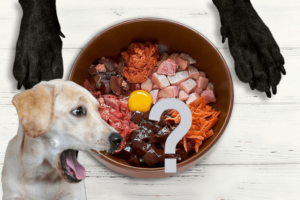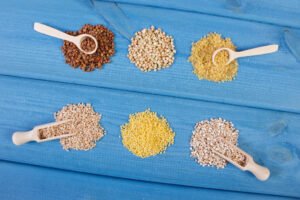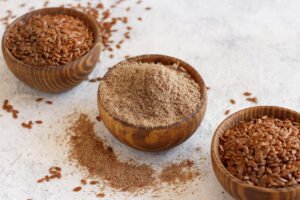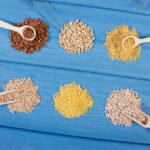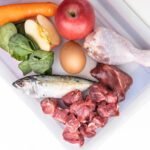Grain-free dog food has become a popular choice for pet owners who want to offer their furry companions a diet closer to what their ancestors might have eaten in the wild. This guide aims to demystify grain-free diets, shedding light on their potential benefits and how to successfully incorporate homemade, grain-free meals into your dog’s diet.
Understanding Grain-Free Diets
What Is Grain-Free Dog Food? Grain-free dog food excludes common grains like wheat, corn, rice, barley, and oats, opting instead for alternative sources of carbohydrates such as sweet potatoes, peas, and lentils.
Benefits of Grain-Free Diets
- Allergy Reduction: Grain-free diets can be beneficial for dogs with grain allergies or sensitivities, potentially alleviating skin irritation and digestive issues.
- Weight Management: Typically lower in carbs, grain-free diets may help in managing a dog’s weight.
- Energy Levels: Properly formulated grain-free diets can support sustained energy levels with higher proportions of protein.
Top Grain-Free Homemade Dog Food Recipes
- Beef and Sweet Potato Feast
- Ingredients: Lean ground beef, cooked sweet potatoes, spinach, zucchini, flaxseed.
- Benefits: Provides protein, fiber, and omega-3 fatty acids for a healthy coat and skin.
- Chicken and Vegetable Medley
- Ingredients: Diced chicken breast, green beans, carrots, pumpkin puree.
- Benefits: Offers lean protein and a variety of vitamins for overall health.
- Salmon and Pea Pâté
- Ingredients: Fresh salmon, green peas, carrots, turmeric.
- Benefits: Rich in omega-3 fatty acids and antioxidants for joint health and anti-inflammatory effects.
- Turkey and Berry Blend
- Ingredients: Ground turkey, blueberries, cranberries, steamed broccoli.
- Benefits: Combines antioxidants with lean protein for a nutrient-rich meal.
- Pork and Apple Dinner
- Ingredients: Pork loin, apples, spinach, sweet potatoes.
- Benefits: A balanced mix of protein, fiber, and essential vitamins.
Making the Switch to Grain-Free
Transitioning to a grain-free diet should be a gradual process to avoid digestive upset. Start by mixing a small portion of the grain-free meal with their current food, gradually increasing the new food while decreasing the old.
Final Thoughts
Choosing a grain-free diet for your dog can offer various health benefits, especially for those with specific dietary needs. However, it’s crucial to ensure that the diet is well-balanced and meets all your dog’s nutritional requirements. Consulting with a veterinarian before making any significant changes to your dog’s diet is always recommended. By preparing homemade, grain-free meals, you can provide your pet with nutritious, high-quality food that caters to their health and wellness.




